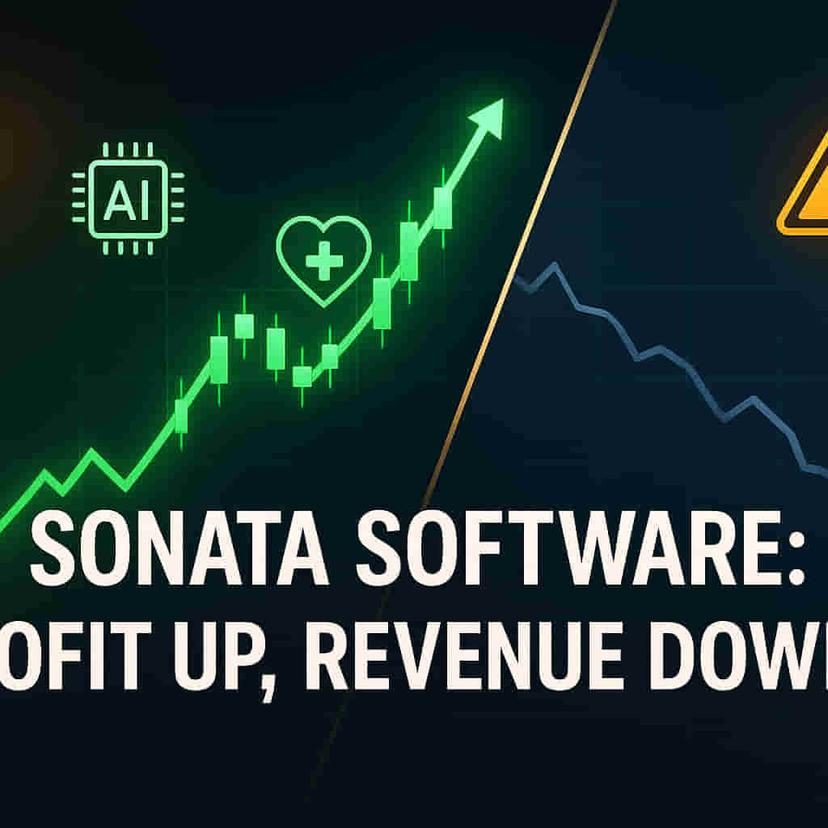Microfinance Interest Rates TOO HIGH? Govt Warns MFIs on 'Uncomfortable' Rates, Financial Inclusion Concerns Emerge!
Banking/Finance
|
Updated on 13 Nov 2025, 01:39 pm
Reviewed By
Aditi Singh | Whalesbook News Team
Short Description:
Detailed Coverage:
M. Nagaraju, Secretary of the Department of Financial Services, has voiced significant concern regarding the interest rates levied by certain microfinance institutions (MFIs), describing them as 'very uncomfortable.' He stated that such high rates often stem from operational inefficiencies within the MFIs themselves. Nagaraju urged the MFI industry to focus on achieving cost efficiency and productivity to translate into lower borrowing costs. He warned that exorbitant interest rates can lead to borrowers, especially those in urgent need of funds, being unable to repay, thereby increasing the number of stressed assets in the financial system. This stress has reportedly led to a reduction in active accounts. Despite these concerns, Nagaraju acknowledged the vital role MFIs play in driving financial inclusion and empowering women by providing doorstep credit. He called upon MFIs to develop innovative methods to bring the estimated 30-35 crore youth and other unbanked populations into the formal financial system.\n\nSeparately, National Bank for Agriculture and Rural Development (Nabard) Chairman Shaji KV indicated that stress in the MFI sector is gradually easing. Nabard is actively involved in digitizing the Self-Help Group (SHG) system and is developing a 'Grameen Credit Score.' This initiative, announced in the Union Budget, aims to create a credit scoring framework tailored for rural populations and SHG members, addressing the limitations of generic credit scoring systems. The Grameen Credit Score is intended to improve credit assessment and access to formal credit for marginalized communities and farmers.\n\nImpact:\nThis news highlights potential regulatory scrutiny on MFI lending practices and their operational efficiency. It could lead to tighter controls on interest rates, pushing MFIs to improve their processes. The focus on financial inclusion and initiatives like the Grameen Credit Score signal continued government support for expanding formal credit access to underserved populations, which could drive growth in the financial inclusion segment. Potential increased compliance costs or operational adjustments for MFIs are possible. Rating: 7/10.\n\nDifficult Terms:\nMicrofinance Institutions (MFIs): Financial service providers that offer small loans and other financial services to low-income individuals and small businesses who typically lack access to traditional banking services.\n\nSelf-Regulatory Organisation (SRO): An organization authorized by a government agency (like the RBI) to create and enforce industry standards and regulations.\n\nStressed Assets: Loans or other financial assets that are experiencing financial difficulty, with a high risk of default or non-payment.\n\nFinancial Inclusion: Ensuring that individuals and businesses have access to useful and affordable financial products and services – transactions, payments, savings, credit, and insurance – delivered in a responsible and sustainable way.\n\nWomen's Empowerment: The process of empowering women through increased access to resources, opportunities, and decision-making power.\n\nNabard: National Bank for Agriculture and Rural Development, a development bank established for providing and regulating credit and other facilities for the promotion and development of agriculture, small-scale industries, cottage and village industries, and other rural economic activities in India.\n\nSelf-Help Group (SHG): A small, informal savings and credit group, typically consisting of women, who agree to save and lend to each other on a regular basis.\n\nGrameen Credit Score: A credit scoring system being developed by public-sector banks specifically for the credit needs of Self-Help Group members and people in rural areas, to provide a more tailored assessment than generic credit scores.
Tech Sector

Andhra Pradesh Eyes AI Supremacy: CM Naidu's Bold 'One Entrepreneur Per Family' Vision Sparks $15 Billion Google Investment!

Info Edge Q2 Results MISS Expectations: IT Hiring Slowdown Hurts, Stock Tumbles!

Quick Commerce Earnings CRASH! Delivery Partners Suffer as Zepto, Swiggy Cut Payouts for Customer Perks!

Sonata Software Q2 Profits Soar 13.5%! AI Boosts Growth, But Revenue Slows - Investors Must See This!

Paytm's Astonishing Profit Jump: ₹211 Cr PAT Fueled by AI & Strict Costs!

Ranjan Pai Fuels Aakash with ₹250 Cr, Simultaneously Bids for Byju's Empire!
Healthcare/Biotech Sector

Akums Profit PLUMMETS 36%! Pharma Giant's Global Expansion Gamble - What Investors Must Know!

Marksans Pharma Q2 Results: Profit Climbs 1.5%, Revenue Soars 12% Amidst Global Expansion!

Concord Biotech's Profit PLUMMETS 33%, but HUGE Biotech Acquisition & Green Energy Push Could Spark Comeback!

Zydus Lifesciences Bags FDA Green Light for Major US Multiple Sclerosis Drug Launch!












